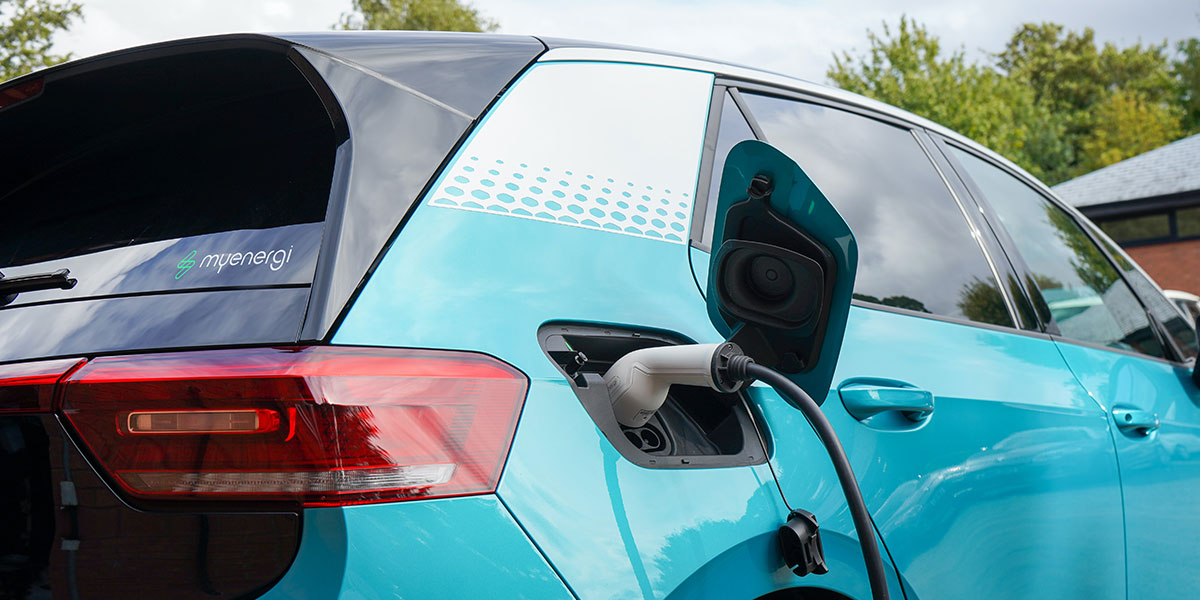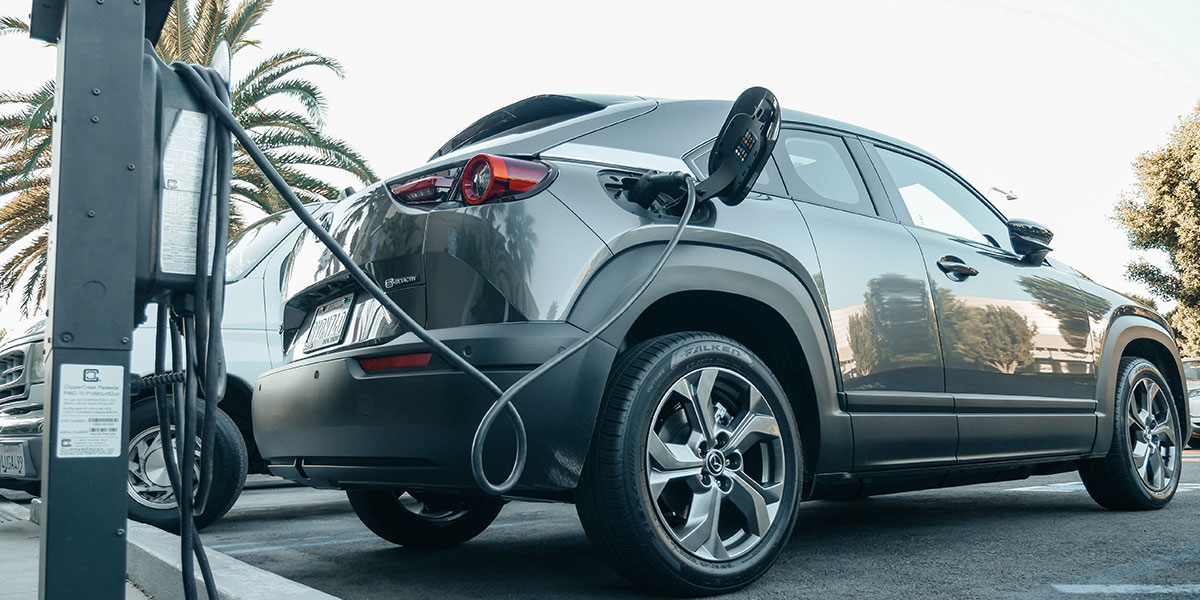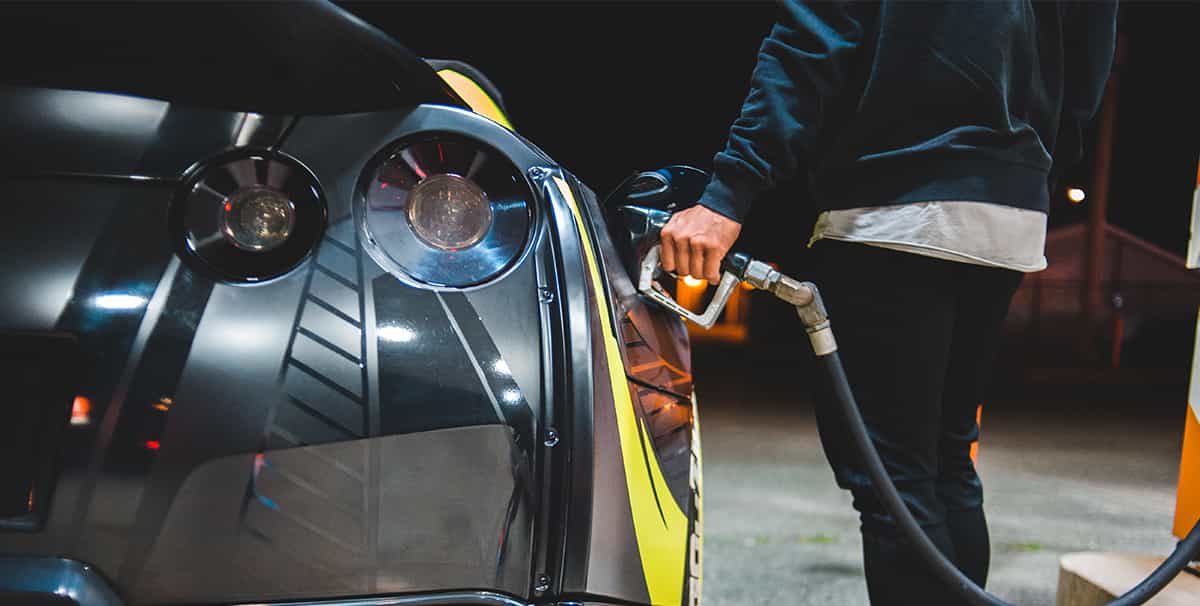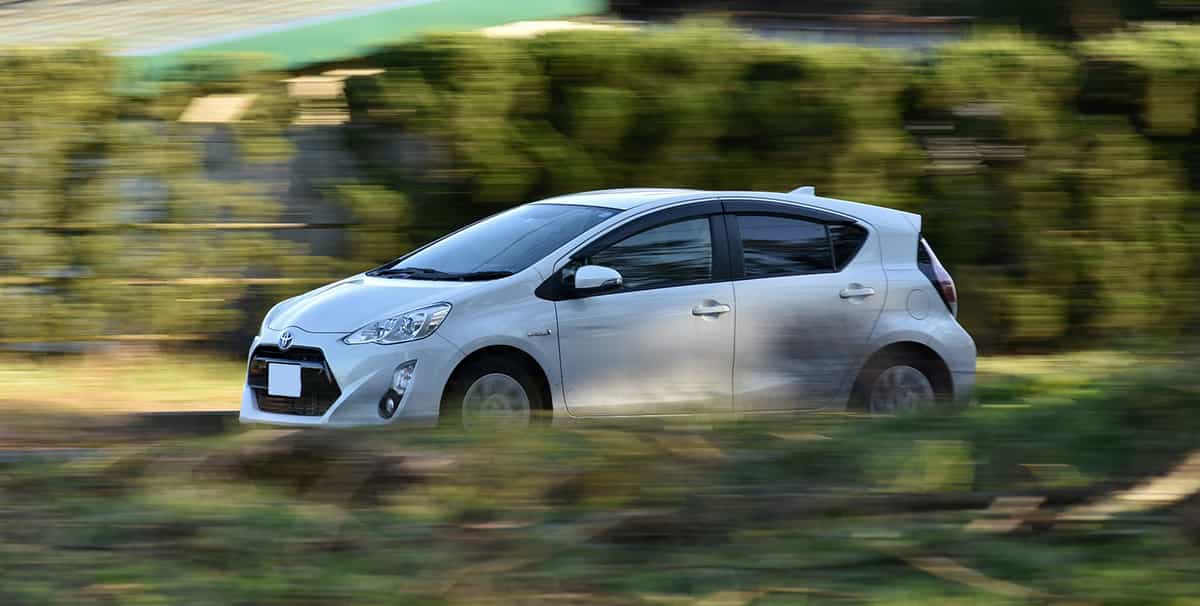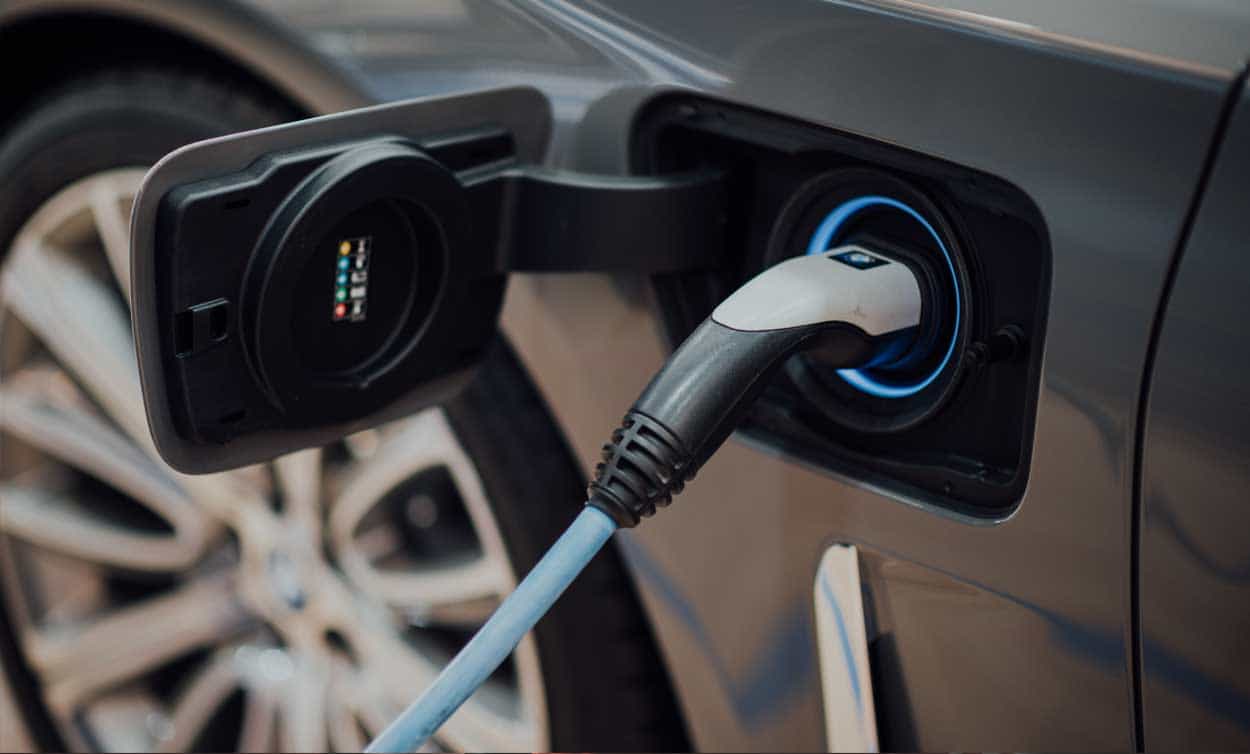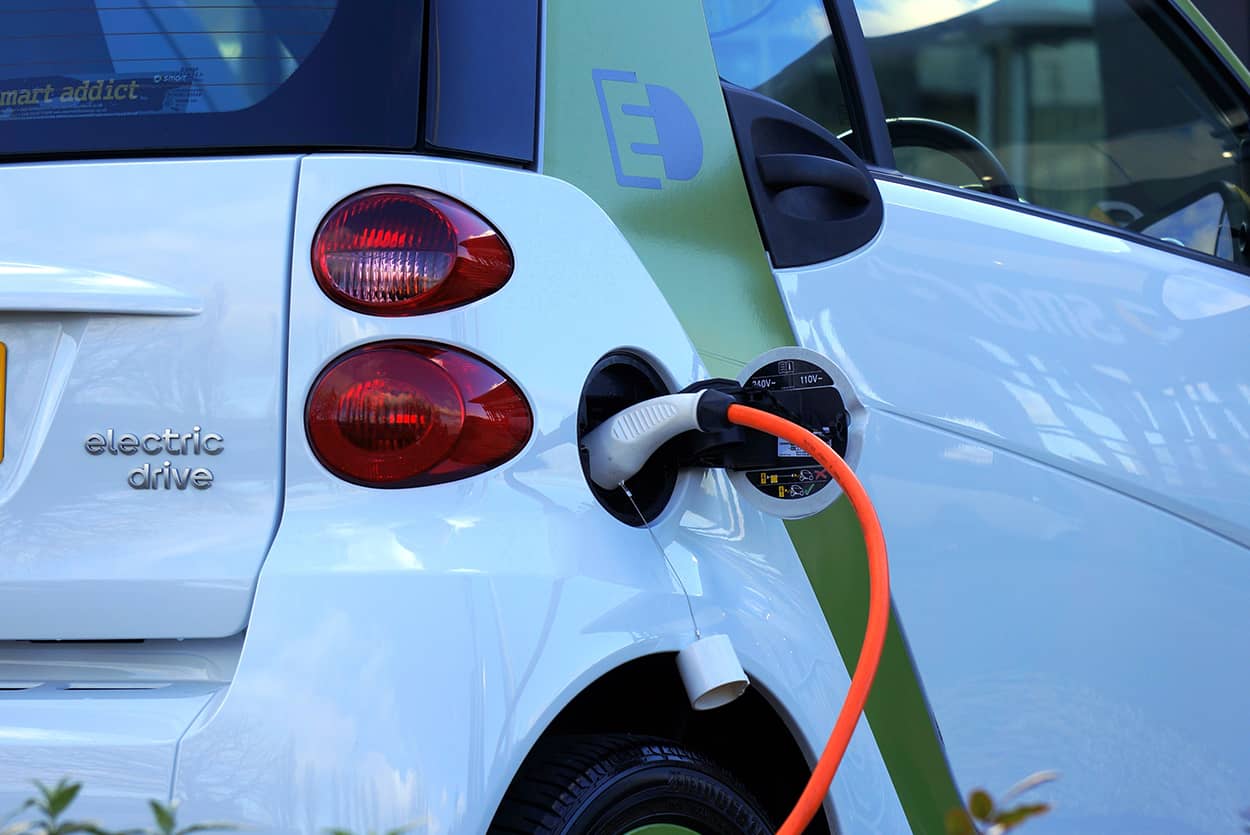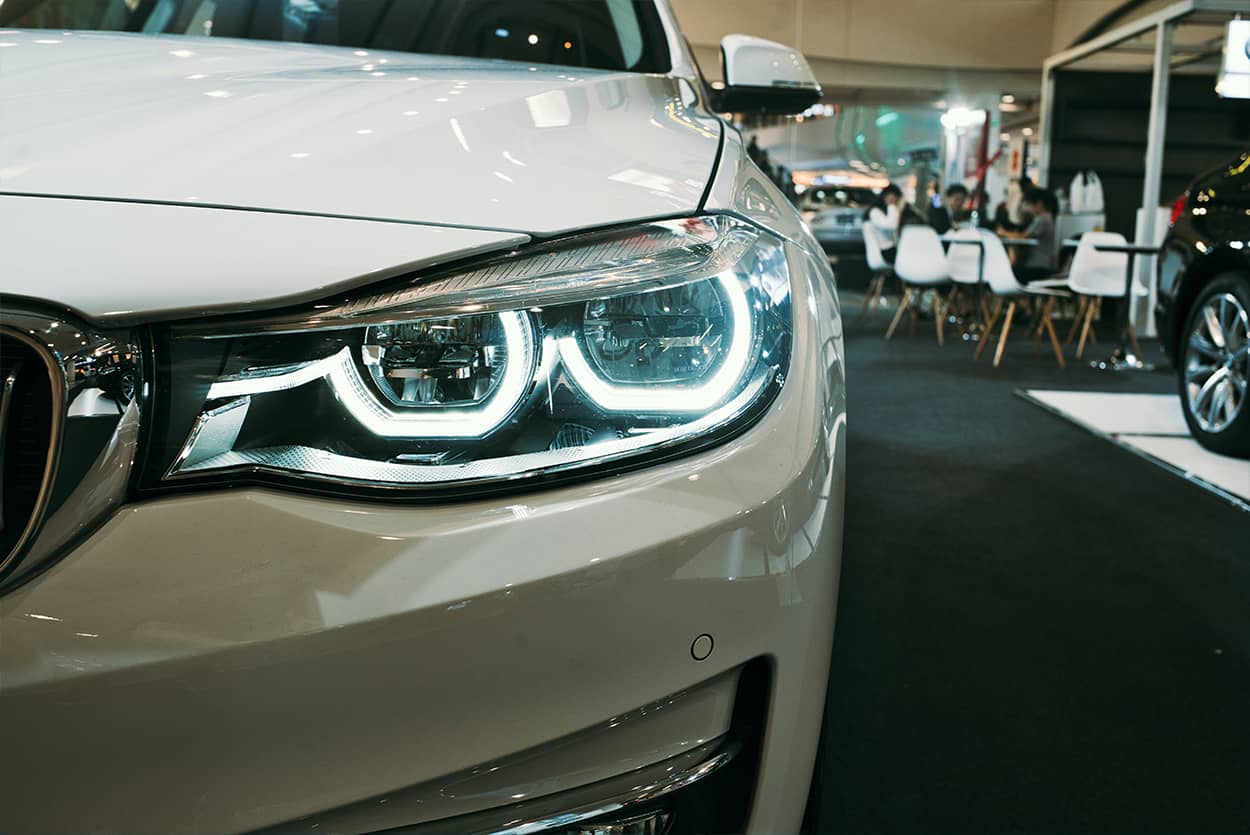Earlier this month, the Society of Motor Manufacturers and Traders (SMMT) released their report on the UK car market. Amongst the most significant findings is the news that battery electric vehicles (BEVs) overtook diesel vehicles to secure their best ever monthly market share in December 2022.
With 32.9% of the market and a total of 16.6% for new car registrations, BEVs have surpassed diesel for the first time ever, and are now second only to petrol vehicles. In combination with the figures on HEVs (hybrid electric vehicles) and plug-in hybrids (PHEVs), this means that average new car CO2 (carbon dioxide) fell by 6.9% to 111.4g/km – the lowest in UK history.
SMMT Report – the overview
Whilst December 2022 was the biggest month in the UK market for battery electric car sales, plug-in hybrids saw a reduction in their annual market share to 6.3%. Hybrid electric vehicles also saw growth, and now make up 11.6% of the market. Diesel sales, meanwhile, plummeted by 38.9%.
The success of electric car sales in the UK is overwhelmingly down to fleets and business buyers. Although private buyers account for over half of all total vehicle registrations, they fall shy of the numbers of fleets and business buyers, who accounted for around 75% of all BEV registrations.
The best-selling electric car in the UK was the Tesla Model Y, followed by the Tesla Model 3 and Kia e-Niro. The Tesla Model Y also ranked as the third best-selling car overall, only after the Nissan Qashqai and Vauxhall Corsa (both of which also have electric models).
Why do private buyers account for so little of UK electric car sales?
Although there’s a concerted effort to ‘green’ Britain’s roads, this report from the SMMT demonstrates an overall reticence amongst private buyers to move to electric vehicles. Quite why private buyers are proving slower to transition to greener vehicles is explainable in a number of ways.
Grants
In 2021, the government announced a series of reductions to electric vehicle subsidy schemes. For example, in December of 2021, the Department for Transport laid out a reduction of £1,000 for buyers making use of financial incentives to fund the upfront cost of a new electric vehicle.
A concurrent reduction was also made to vehicular models eligible for government support, with a maximum limit of £32,000 set down from £35,000. For many private drivers, the initial purchase fee of EVs is prohibitive, which is why government grants and incentives have such a significant place in swaying consumer behaviour. Securing a car loan quote and car finance suited to individual driver needs provides a further way for motorists to invest in electric vehicles.
Charging infrastructure
There are also concerns over public charging infrastructure. According to the SMMT’s report, the government’s EV Infrastructure Strategy forecasts a need for 300,000 to 720,000 charge points in the UK by 2030. To hit 300,000 public chargers by that date, current installation should average at 100 new chargers installed every day, but the current figure is 23.
Supply shortages
Supply chains remain inconsistent – a fact which was also noted by the SMMT as impacting the UK’s overall car market – as a result of semiconductor chip shortages due to disruption caused both by the pandemic and the Russian invasion of Ukraine. This disruption is expected to stabilise as 2023 unfolds.
The result…
Consumers are unlikely to make the switch to electric unless they can be certain that the necessary infrastructure is available, and anxieties about the current cost of electricity also impact overall EV private sales. Given the expensive initial price of EVs, concerns over the provision of public infrastructure, and fears over cost of living, the anxieties of private buyers regarding the move to EVs seem unlikely to be alleviated.
This certainly seems to be the position of Mike Hawes, Chief Executive at the SMTT, who urged the government to encourage the move towards EVs by continuing to invest in nationwide charging infrastructure. As the UK approaches the 2030 petrol ban, after which the sale of new petrol and diesel cars will be banned, the need to invest in UK-wide EV charging infrastructure will become ever more pressing.
Find out how we can help you make the move to electric
Purchasing an EV doesn’t have to be a pipedream. With My Car Credit, it won’t be. We can even work with drivers with poor credit scores – contact us on enquiries@mycarcredit.co.uk to find out how.
Rates from 9.9% APR. Representative APR 12.4%
Evolution Funding Ltd T/A My Car Credit
Require more help?
Got a question you can’t find the answer to, or need some advice and guidance around taking out car finance? Our Car Credit Specialists are friendly, experienced, and here to help so get in touch today!

